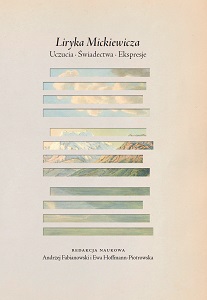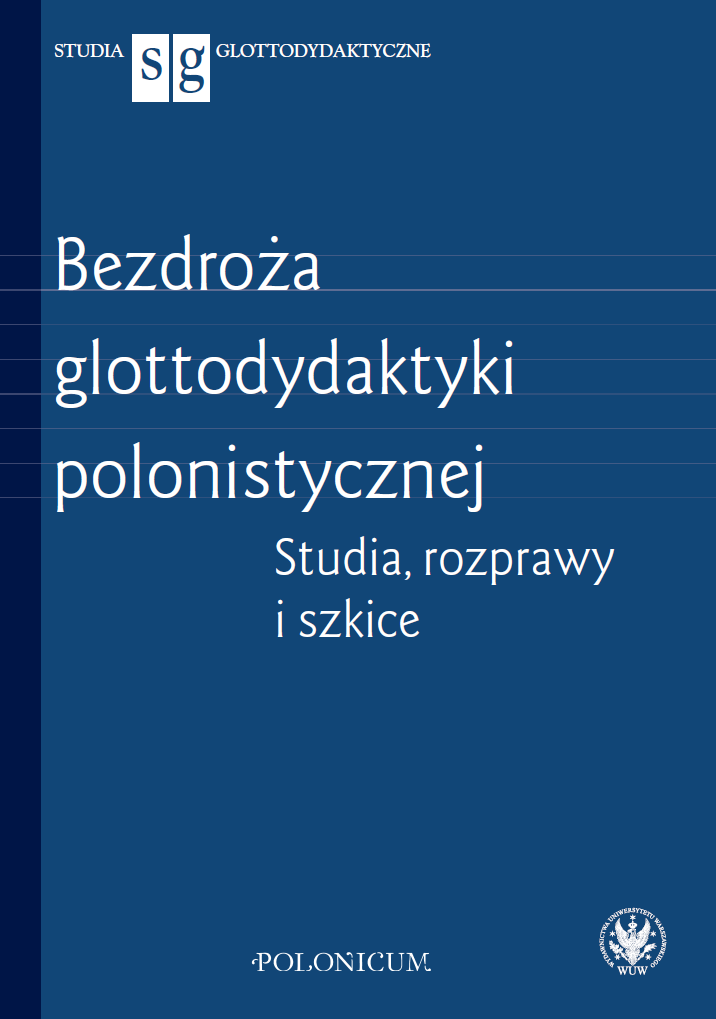
Mickiewiczowska "Świteź" we współczesnej recepcji – zagadnienie tożsamości romantycznej Litwy
The author compares three contemporary ways of reading and understanding Mickiewicz’s ballad "Świteź". The comparison is based on essays writtten by Mieczysław Limanowski (1930s) and Jarosław Marek Rymkiewicz (1990s) as well as the film "Świteź" by Kamil Polak (2010/2011). These three approaches to interpretation of "Świteź" and its distinct imagination and culture related idiomatic expression trigger a regional culture code for the reception of "Świteź" with a specific emphasis on the close vicinity of Nowogródek. All the artists mentioned above seem to dwell upon a similar area, yet there are fundamental differences among their interpretations. These differences result from various intellectual and generational backgrounds they represent. One of the most important aspects discussed in the paper deals with a gradual erosion of romantic images of Lithuania.
More...
